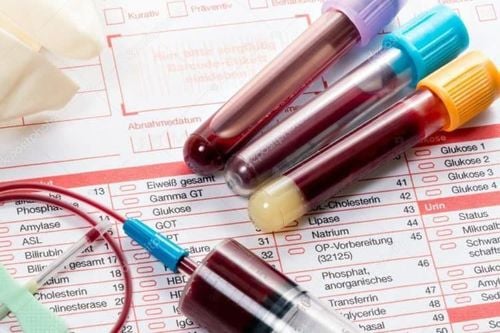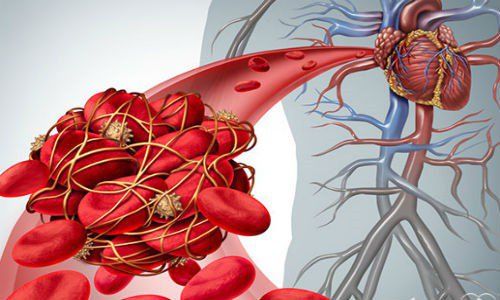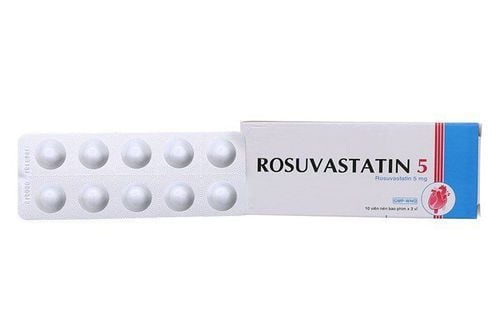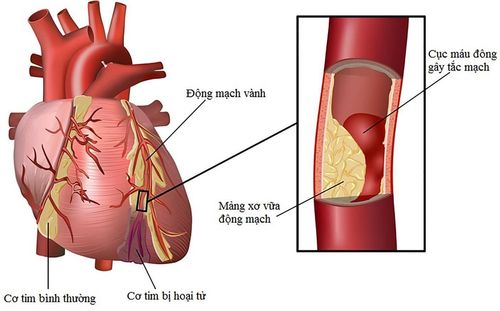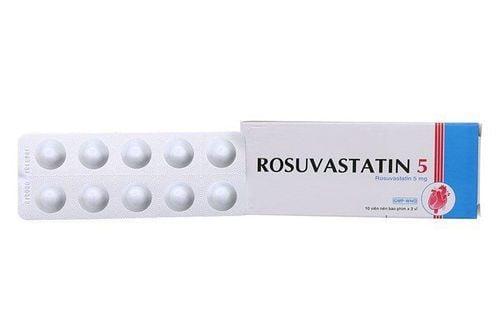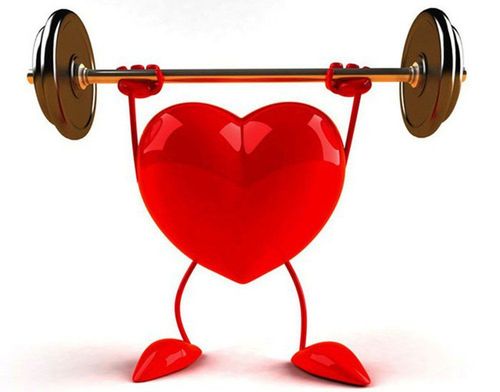This is an automatically translated article.
The article was professionally consulted with Doctor Cardiologist - Department of Medical Examination & Internal Medicine - Vinmec Hai Phong International General Hospital.
Cholesterol has long been an obsession for many people. For the purpose of learning more about cholesterol, distinguishing the difference between good cholesterol and bad cholesterol, please refer to the article below.
1. What is cholesterol?
Cholesterol is an essential fat that the cells in our body need. Cholesterol comes from two sources, one is made in the liver, the other is absorbed from food, and cholesterol is not entirely harmful.
Cholesterol is transported in the blood by lipoproteins - transport mediators. Therefore, there are two concepts, which are LDL cholesterol and HDL cholesterol:
LDL cholesterol (low density lipoprotein cholesterol): low density lipoprotein cholesterol HDL cholesterol (high density lipoprotein cholesterol): high density lipoprotein cholesterol.
2. What is the difference between HDL cholesterol and LDL cholesterol?
The basic difference between HDL cholesterol and LDL cholesterol is: HDL cholesterol is "good cholesterol", and LDL cholesterol is "bad cholesterol".
HDL cholesterol accounts for about 1/4 - 1/3 of the total cholesterol in the blood, is considered good because it transports cholesterol from the blood to the liver, transports cholesterol away from plaque, thus, reducing the risk of atherosclerosis arterial and other serious cardiovascular events.
LDL cholesterol is a "bad" component of cholesterol, when LDL cholesterol increases a lot in the blood, it leads to deposition in the walls of blood vessels, causing plaque. Atherosclerotic plaque gradually narrows or occludes blood vessels, leading to life-threatening diseases such as myocardial infarction, stroke,...
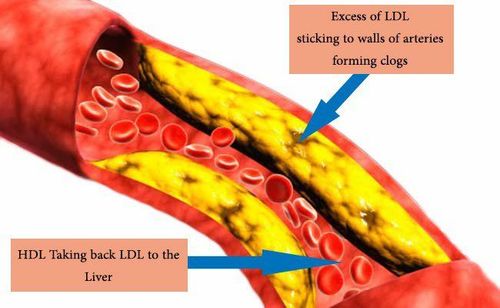
3. What should HDL cholesterol and LDL cholesterol be?
HDL cholesterol is good cholesterol, so the higher the blood concentration, the better, the optimal value is > 60 mg/dL.
LDL cholesterol is bad cholesterol, so it should be limited to low levels in the blood, the optimal value is less than 100 mg/dL.
4. What factors affect LDL cholesterol and HDL cholesterol?
LDL cholesterol can increase due to factors related to diet, bad habits like smoking, sedentary, or related to diseases like hypertension, diabetes...
HDL Lower cholesterol can be caused by smoking, overweight, obesity, ... Therefore, to increase HDL cholesterol, it is necessary to quit smoking, maintain a reasonable weight, increase physical exercise...

5. Methods for optimal levels of LDL cholesterol and HDL cholesterol?
To have optimal LDL cholesterol and HDL cholesterol levels is not easy, it requires perseverance in following a healthy lifestyle, healthy diet and proper exercise. The earlier you start living a healthy life, the better the results. Experts advise:
Food to eat Eat a lot of vegetables and fruits. Eat cereals. Drink fat-free milk. Lean meat, skinless poultry. Fatty (oily) fish, at least 2 times a week. Unsaturated vegetable oils (olive oil, sunflower oil, soybean oil...). Food should be limited Margarine, animal fat, unfiltered animal meat. Full-fat milk (whole cream). Animal viscera. Prepared foods: pate, sausage, salami... Fried food, fast food (including instant noodles). Vegetable oils high in saturated fat: coconut oil, palm oil, almond oil... Reasonable exercise regimen Minimum exercise 30 minutes per day. Exercise regularly every day of the week. The intensity of exercise is strong enough, enough to sweat (if you have a medical condition, you should consult your doctor about a specific exercise regimen). Live healthy, quit harmful habits Quit smoking: smoking not only affects the formation of atherosclerosis, but also causes dyslipidemia as well as many other adverse effects. If you drink alcohol, do not drink much, avoid alcohol abuse. It is best to drink red wine, the amount should not exceed 142 ml per day. Lose weight if overweight/obese, maintain an ideal body mass index (BMI) (BMI 19 – 23). Avoid sedentary lifestyle, avoid stress
Please dial HOTLINE for more information or register for an appointment HERE. Download MyVinmec app to make appointments faster and to manage your bookings easily.




